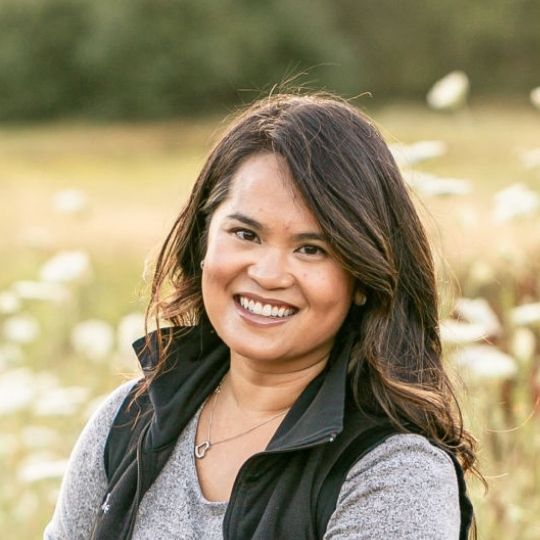 By Guest Blogger, Marnellie Bishop
By Guest Blogger, Marnellie Bishop
The arrival of a global pandemic on America’s shores has quickly and glaringly brought to light the dangers of the US healthcare system. The COVID-19 crisis made it painfully clear that our medical institutions are failing a significant portion of our citizens. Sadly, postpartum doulas have known this for a long time.
Fortunately, these newborn specialists are ready and able to support the whole family through COVID and beyond. Doulas fill a critical gap in healthcare in the United States. They help to save lives that might otherwise fall to the inequities in medical care and coverage.
Healthcare in Crisis
Like most systemic issues in America, inequities in the medical field link directly to income and wealth disparities. Added to this gap is the fact that proper care for women’s health issues is woefully inadequate across the board.
Let’s examine some of the long-standing problems facing patients today.
Lack of Postpartum Support in Healthcare
The United States places tremendous attentiveness on prenatal care. With dozens of visits to your medical provider and seemingly endless enthusiasm from friends and family, pre-birth support can be excellent for many birthing parents.
Then your new baby arrives.
And suddenly, your support may come to a screeching halt. Many women don’t see a doctor again until their six-week check-up. And while friends may provide meals for a week or so, that’s usually the extent of the help.
America simply does not take care of its postpartum families the way the rest of the world does. In fact, it actively seems to celebrate and glorify the idea of “bouncing back” for moms. You just had a baby, so you don’t need to be bouncing anywhere.
Other nations support the new parent physically through their healthcare and family leave policies. They nurture the birthing parent with medical care, breastfeeding support, and time to recuperate peacefully. Sadly, the US lags far, far behind in this area.
Fewer than 20% of American workers have paid family leave through their employers. Most family leave is unpaid, and most households cannot afford to go that long without a paycheck.
This fact leaves new parents without the proper amount of time to heal and adjust before heading back to work. And even if the birthing person doesn’t return to work, their partner likely will have to do so after two weeks.
Doula support in the weeks after childbirth can make all the difference for postpartum parents. Receiving education and help during this time allows you to recover with dignity and confidence.
Failure to Support Postpartum Mental Health
In addition to the physical needs of someone who has just given birth, their emotional well-being is also at stake. Mild postpartum depression, often called the “baby blues,” impacts the majority of new mothers.
Clinical PPD affects 10-20% of these parents. It’s also critical to recognize that this number only includes what people report. Actual numbers are likely to be much higher.
Lack of postpartum physical care and education leaves many new parents struggling with anxiety and depression. And this particular failure of the healthcare system is not unique to the United States. Sadly, the stigmas attached to mental health disorders put new parents at significant risk around the globe.
Postpartum doulas can help alleviate the anxiety and stress that come with having a newborn. By providing support and education, doulas empower the birthing parent to seek help when needed.
In addition, having another adult’s companionship for a few hours can help some new parents avoid episodes of depression. The simple act of having someone to visit with who can reassure and encourage you is priceless.
Racial Inequality in Healthcare
Entire studies and dissertations exist on this topic. It isn’t new. And yet, even with the research and evidence, systemic racism in healthcare is rampant.
And when it comes to maternal and postpartum care, the reality of this situation is dangerous. Black women experience pregnancy-related deaths at a rate three or four times higher than do white women. And this fact holds regardless of the education or income levels.
Overall, Black women have less access to prenatal healthcare and are more likely to be uninsured than their white counterparts. They also are more likely to experience chronic problems such as diabetes or high blood pressure that add risk to their pregnancies.
In addition to reduced access to competent maternal care, 22% of Black women report being subject to discrimination by their providers or the medical support staff. Doctors and nurses tend to dismiss reported symptoms and don’t offer appropriate tests and interventions.
Postpartum care for Black women is equally dismal. Aside from the lack of appropriate physical treatment, they rarely get the mental health care they need. And adding another layer of difficulty is the lack of BIPOC doulas in many areas.
Many women of color report an unwillingness to be honest about feelings of postpartum depression. They are worried about being deemed unfit mothers, and they have reason to be concerned.
On both a state and national level, welfare workers classify Black women as unfit parents at a higher rate than white women. The inequalities permeate every facet of healthcare.
Postpartum Doulas Stand in the Gap for Families
Amid the bleak state of affairs in American healthcare, there are many working for change. Postpartum doulas are strong advocates for birthing individuals of every race, age, sexual orientation, or gender identity.
Through compassionate support and education, doulas can help ease the parent’s physical and emotional trauma that can accompany childbirth. Their work brings relief to overwhelmed parents and allows birthing individuals to experience better physical healing and mental health.
When hospitals started banning doulas due to COVID-19 protocols, these postpartum caregivers faithfully advocated for birthing rights. And they continue to support their clients through virtual appointments and round-the-clock phone availability if in-person care isn’t possible.
At some point, the pandemic will end. But without a systemic overhaul, our nation’s healthcare inequalities will not. Birth and postpartum doulas gladly stand up for patients and families in the face of racism and unequal treatment from the medical community.
– Marnellie Bishop
Certified Birth & Postpartum Doula | Evidence Based Birth® Instructor | Hypnobabies® Hypno-Doula
Hānau Doula LLC
P.S. At Hānau Doula, we are passionate about advocating for parents and babies in this broken system. Our experts are always on your side and are here to assist you in life transitions. If you’re looking for postpartum doula support, we’d love to connect with you.
About Marnellie Bishop
Marnellie Bishop (she/her) is a certified birth and postpartum doula and childbirth educator. Marnellie is an Evidence Based Birth® Instructor and Hypnobabies® Hypno-Doula. She serves the Portland, OR community as Baby Blues Connection and Community Doula Alliance board member. As a 2nd generation immigrant, Marnellie understands the intersectionality that many immigrant families face when it comes to identifying their parenting styles through the lens of their cultural background and today’s parenting values. Marnellie seeks to help growing families feel empowered and confident in their unique journey through parenthood. She provides up-to-date data and research to educate and inform clients so they know what their options are as they journey through pregnancy and into parenthood. Marnellie is a wife, mother to two active children (ages 6 and 4) and dog-mom to a Lagotto Romagnolo. Traveling, watersports and DIY projects keep Marnellie and her family in a constant state of activity!


